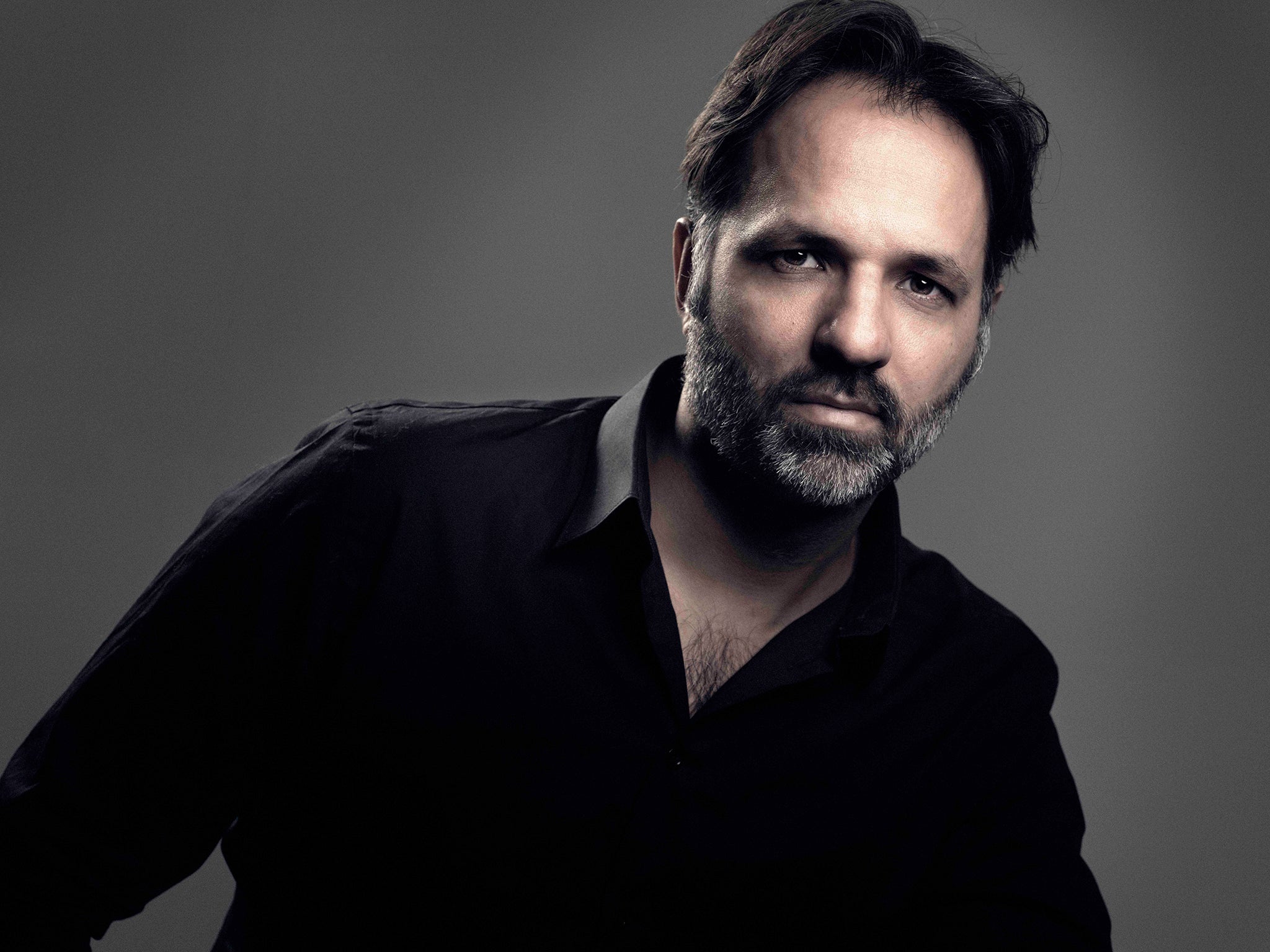Ulrik Imtiaz Rolfsen: Filmmaker in Oslo Supreme Court to challenge Norwegian authorities for seizing footage of radicalised youth
Officers from Norway’s PST security service arrived at his home in June and, without a warrant, demanded all his footage

This week in the Supreme Court in Oslo, the filmmaker Ulrik Imtiaz Rolfsen will seek to challenge the seizure by security services of his raw documentary footage of radicalised Norwegian youth of Pakistani descent.
Rolfsen is being supported in his appeal by Norwegian media organisations and press freedom groups, with critics claiming the police action – using new terror laws - is worthy of the “worst dictatorship”.
The filmmaker, who recorded part of his documentary in the UK as he followed meetings between Norwegian and British Islamists, told The Independent: “I think they did this to me because I’m small and independent and not in one of the big media houses.” He claimed the action had already resulted in a thawing of relations between radicals and the media.
The case has echoes in Britain where, as The Independent revealed this week, police from the South East Counter Terrorism Unit (SECTU) seized the laptop of BBC Newsnight journalist Secunder Kermani after applying for an order from a judge under the Terrorism Act 2000.
It is understood that overseas enforcement agencies, including police in Australia, have sought to obtain media material in Britain using the legislation, which lawyers have warned of the “chilling effect” on press coverage of jihadis.
Academics seeking contact with radicals are also potential targets. “The freedom to study and investigate is a core academic freedom that can help societies understand – and challenge – issues that sometimes threaten them. As such academic freedom is a basic tenet of democracy,” said Stephen Khan, editor of The Conversation, a website for academic research. “We would be extremely concerned if anti-terror legislation was used in a way that ultimately curtailed or limited the work academics do.”
Officers from Norway’s PST security service arrived at Rolfsen’s home in June and, without a warrant, demanded all his footage. The action followed a police operation against an 18-year-old radical who the film-maker had interviewed.
The youth was arrested on an airport bus taking him to a plane at Gothenburg airport in Sweden, on his way to Syria. Rolfsen, whose colleague filmed the journey from Norway to Sweden, believes the PST took his footage in the hope of finding evidence that might extend the time it could question the suspect.
The PST has said that it believed Rolfsen would destroy the material before it was able to obtain a court order. But the filmmaker’s attempts to take legal action against the authorities have so far failed, with the Norwegian lower courts ruling that new terror laws mean the PST’s actions were lawful.
The situation has angered Norwegian media. Kjersti Løken Stavrum, the director of the Norwegian Press Association, told newspaper Dagbladet: “These incidents are reminiscent of a country we could not possibly want to compare ourselves with.” Norwegian lawyer John Christian Elden said: “Even the worst dictatorship wouldn’t accept this.”
Rolfsen, who is half-Pakistani and half-Norwegian and has previously documented Norwegian-Pakistani youth in Oslo gangs, filmed the Norwegian radicals on trips to the UK to meet British counterparts and is convinced that the PST is liaising with the British security services on this case and related areas.
The filmmaker – who has been given an award by freedom of speech group Norwegian PEN for his stance on the issue - said that although his material was currently being held by the courts it had been in the PST’s possession for 24 hours and he suspected it had been copied. Some of his subjects have demanded to be erased from the film, provisionally titled The Norwegian Islamists, which is funded by the Norwegian Film Institute. Rolfsen hopes it will be shown by the country’s national public broadcaster, NRK.
Subscribe to Independent Premium to bookmark this article
Want to bookmark your favourite articles and stories to read or reference later? Start your Independent Premium subscription today.
